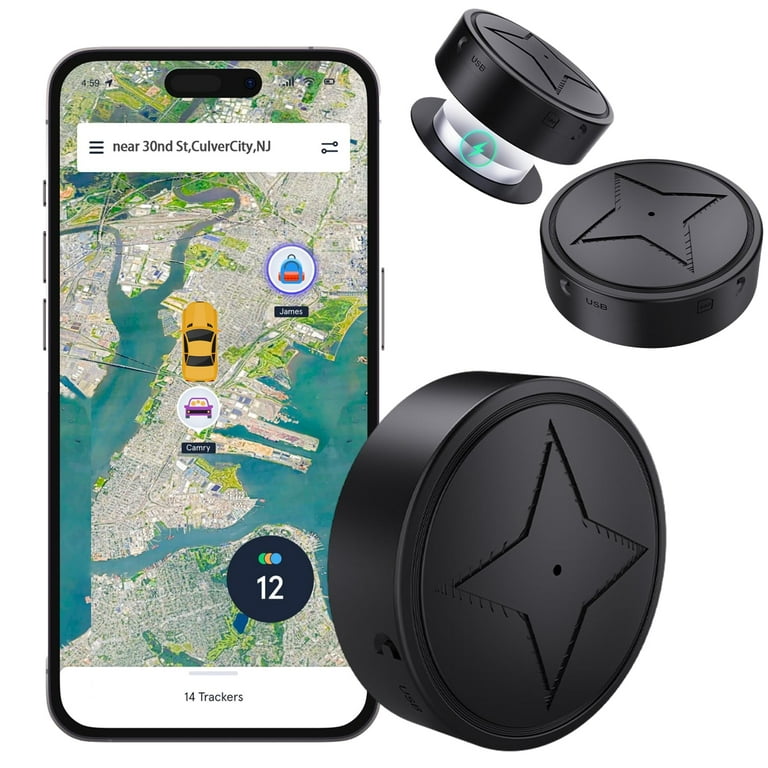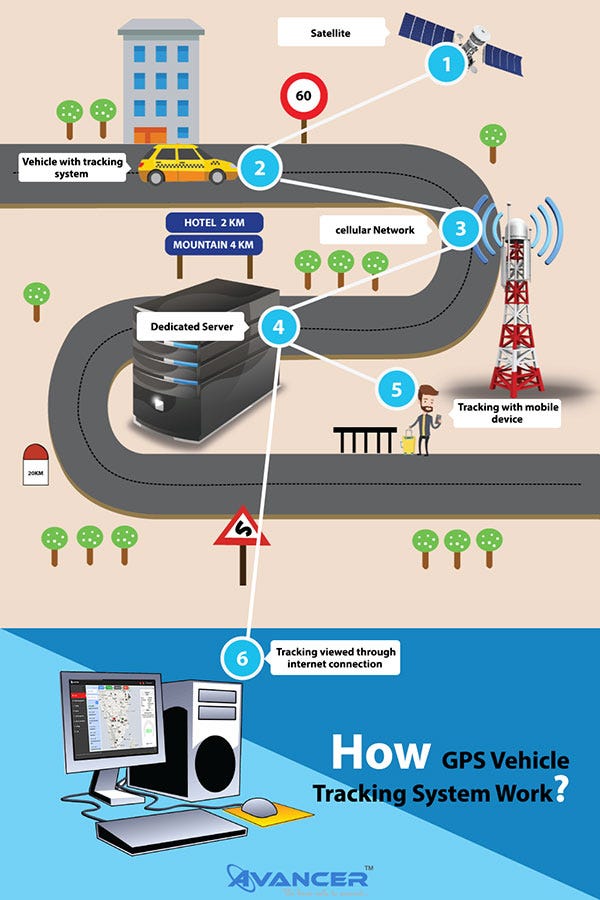Leading Advantages of GPS Tracking for Fleet Administration
Leading Advantages of GPS Tracking for Fleet Administration
Blog Article
Browsing the Future of GPS Tracking: Advancements, Difficulties, and Opportunities Ahead
As we stand at the crossroads of societal effects and technical innovations, the landscape of General practitioner monitoring is poised for a transformative journey ahead. With excellent technology comes wonderful obligation, as data personal privacy issues impend large and safety and security obstacles in General practitioner tracking raise pertinent inquiries concerning safeguarding delicate details.
Development of GPS Modern Technology
The Evolution of GPS Technology has been marked by considerable improvements in precision, insurance coverage, and effectiveness throughout the years. Initially created for armed forces purposes, general practitioner innovation has evolved to end up being a common device in different fields, including transport, logistics, farming, and personal navigating. Early general practitioner systems were defined by minimal coverage, reduced precision, and bulkier hardware demands. With continuous technical developments, GPS has transitioned to a lot more reliable and accurate systems that offer global coverage and improved accuracy.
One key landmark in the evolution of GPS technology was the growth of Careful Accessibility (SA) in the 1990s, which deliberately weakened the accuracy of private GPS signals. As GPS modern technology continues to develop, we can expect additional enhancements in efficiency, accuracy, and insurance coverage, opening up brand-new opportunities for technology and applications throughout numerous markets.
Real-Time Tracking Advancements
Building on the advancements in GPS innovation that have actually reinvented precision and protection, real-time tracking has actually arised as a crucial area of development with profound ramifications across various fields. Real-time monitoring developments make it possible for organizations and services to monitor workers, assets, and cars instantaneously, offering beneficial understandings for decision-making procedures - gps tracking. By leveraging real-time data, firms can improve functional effectiveness, improve customer care, and make certain the security and security of their assets
One of the vital innovations in real-time monitoring is the assimilation of expert system and artificial intelligence formulas, which make it possible for predictive analytics and anomaly detection. These abilities permit aggressive maintenance organizing, course optimization, and risk mitigation methods. Additionally, the development of real-time tracking systems has brought about the advancement of customizable control panels and mobile applications, empowering individuals to access vital info anytime, anywhere.
Information Privacy Worries

Information privacy issues include numerous aspects, including the storage, sharing, and retention of area data. Services must implement robust protection measures to protect GPS tracking data from cyber hazards and data breaches. Clear plans regarding data collection methods and the purpose of tracking are important to build trust with customers and ensure conformity with data security policies.

Security Difficulties in GPS Tracking
Attending to information personal privacy concerns in GPS monitoring is elaborately linked to alleviating the protection tests that emerge from possible susceptabilities in the technology. One of the primary protection challenges in GPS tracking is the danger of unauthorized accessibility to delicate location data.

Another safety and security obstacle is the capacity for spoofing or jamming general practitioner signals. By interfering or broadcasting false signals with legit ones, harmful actors can trick GPS receivers and adjust location information. This postures threats not only for specific users however likewise for governmental and military applications that rely upon specific placing information. Applying durable encryption, verification measures, and signal verification methods are crucial action in attending to these safety and security challenges in GPS monitoring.
Arising Opportunities in the Sector
The expanding field of General practitioner monitoring modern technology offers a myriad of encouraging possibilities for sector growth and technology. One key possibility exists in the expansion of General practitioner monitoring applications beyond standard industries. General practitioner tracking can reinvent client care by allowing remote monitoring of essential indications and making certain important site timely medical help.
Another considerable opportunity in the GPS tracking market is the integration of sophisticated analytics and expert system. By leveraging these technologies, services can acquire useful insights from GPS information to improve operational effectiveness, enhance decision-making processes, and deal individualized services to customers. Additionally, the increasing need for connected tools and IoT remedies provides a ripe chance for GPS tracking companies Get More Info to increase their offerings and develop innovative solutions that deal with a much more connected globe. By maximizing these emerging chances, general practitioner tracking firms can position themselves for continual growth and success in the dynamic landscape of the industry.
Conclusion
In verdict, the future of GPS tracking is noted by continual advancement and innovation in innovation. As the sector moves forward, navigating these obstacles will certainly be essential to guarantee the continued development and success of GPS tracking technology.
With fantastic development comes terrific responsibility, as data privacy problems impend huge and security obstacles in General practitioner monitoring raising important inquiries concerning protecting sensitive details.With the rapid proliferation of General practitioner monitoring technology in numerous industries, addressing data personal privacy problems has actually ended up being a crucial vital for both consumers and organizations alike. The collection of place data via GPS tracking raises considerable personal privacy concerns, as it makes it possible for the monitoring of people' habits and movements. Services making use of GPS monitoring have to prioritize safeguarding this information to stop unapproved accessibility or abuse that could endanger individuals' privacy rights.
Businesses have to apply durable safety and security measures to secure GPS tracking data from cyber threats and data violations.
Report this page